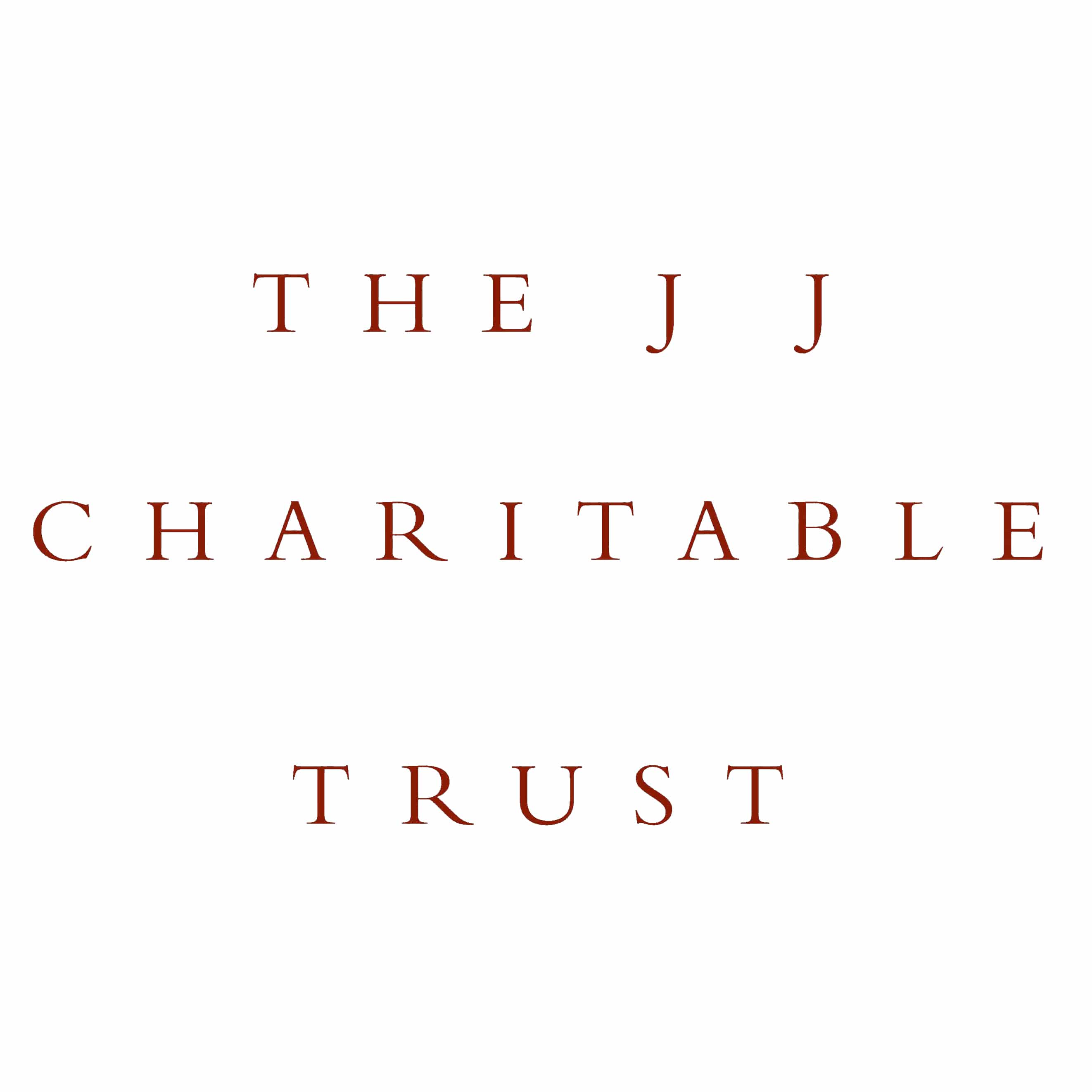United Kingdom (London)
People have always found ways to use clothes to make a statement. What do yours say?
Birdsong began life shouting their message from the rooftops, with slogan tees making bold statements about feminism and inclusion. But they went on to turn clothes into more than a billboard for change – to offer an example, or a blueprint, for how an ethical, sustainable fashion brand can operate.
Sophie Slater started Birdsong in 2014, while she was a Fellow of Year Here’s social innovation programme, and was joined by Susanna Wen in 2017. Their experiences working with marginalised women showed them the undervalued crafting skills held by women in different communities. They sought out craftspeople from among these communities in East London, and began to sell clothes with the promise of ‘no sweatshop, no photoshop’.
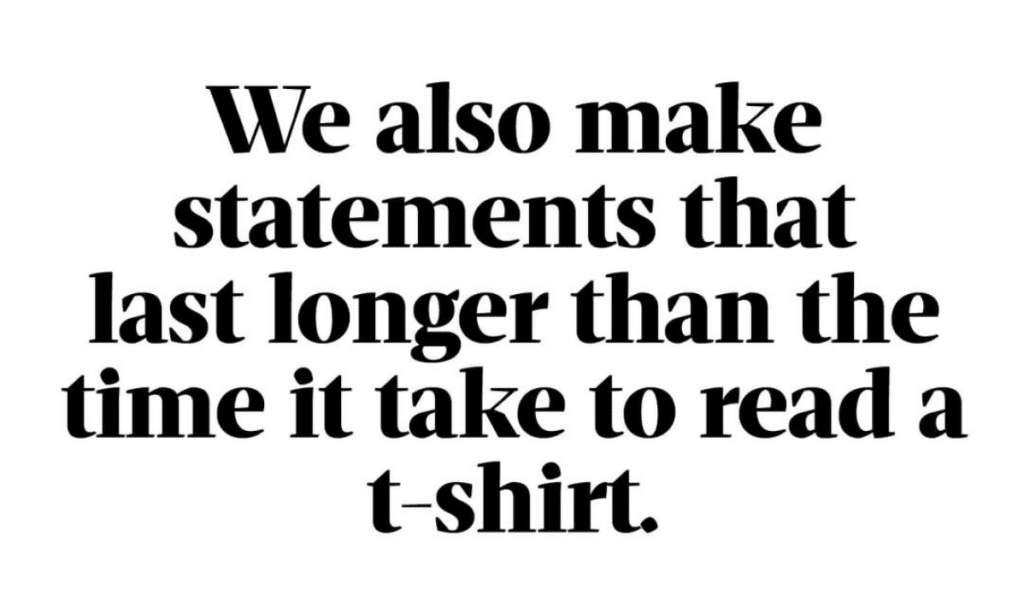
Birdsong on Instagram @birdsonglondon
Their message is a simple one: fashion need not harm the planet, or the people making it.
All Birdsong’s makers are paid a London Living Wage of at least £10.75, and screen printers, seamstresses, knitters and embroiderers work within the comfort and safety of their women’s group or charity.
Mona, for example, is an Egyptian refugee who embroiders all Birdsong’s t shirts. She uses her earnings to grow her embroidery business, and to teach others in her local area in East London – many of whom are survivors of domestic abuse or have been long term unemployed.
“As a refugee myself, they support migrants and create job opportunities. They have created a great sense of community for many to feel at home and accepted.” – Mona, embroiderer
By 2019, they had generated almost £150,000 for local women’s charities that were struggling for funding. Among them is grassroots community arts charity Stitches in Time, who provide training, access and employment to women of colour from migrant backgrounds. In 2020 alone, Birdsong raised a total of £10,000 for Stitches in Time.
Their attention to materials and transportation mean that Birdsong’s clothing treads lightly on the planet. They use fabrics including home compostable Tencel, organic cotton, and hand-woven fairly traded Khadi from women’s co-operatives in India, as well as reclaimed fabrics from charities like Traid. They limit waste by offering some lines entirely by pre-order, and turning scrap fabric into bags and scrunchies. And by keeping their supply chain short and simple, each of their garments travel, on average, a total of just 8,423 km – compared to high street fashion garments’ average of 22,000 km.
Even their packaging and postage is thoughtfully planned. Birdsong works with Mail Out, a social enterprise that supports people with learning disabilities to get training and work experience in warehousing skills.
Plus, their clothes are size inclusive – made in sizes 6-30 – and models include women of different sizes and ethnicities.
They are also a Draper’s Sustainable Fashion Awards 2020 winner, in recognition of their Transparent Friday campaign. Instead of fuelling the consumerism of Black Friday, Birdsong shared the cost breakdown of a dress. Customers could choose their own discount, knowing that the amount they chose would affect how much money Birdsong could invest back into its business – while seamstresses would always receive £15/hour.
Little wonder that Birdsong has been recognised by major publications for making ethical, sustainable fashion an exciting reality. The Guardian have proclaimed them to be one of ‘the 10 coolest ethical fashion brands’, Refinery29 ‘our favourite activist fashion collective’, and they have featured in ELLE and Vogue.
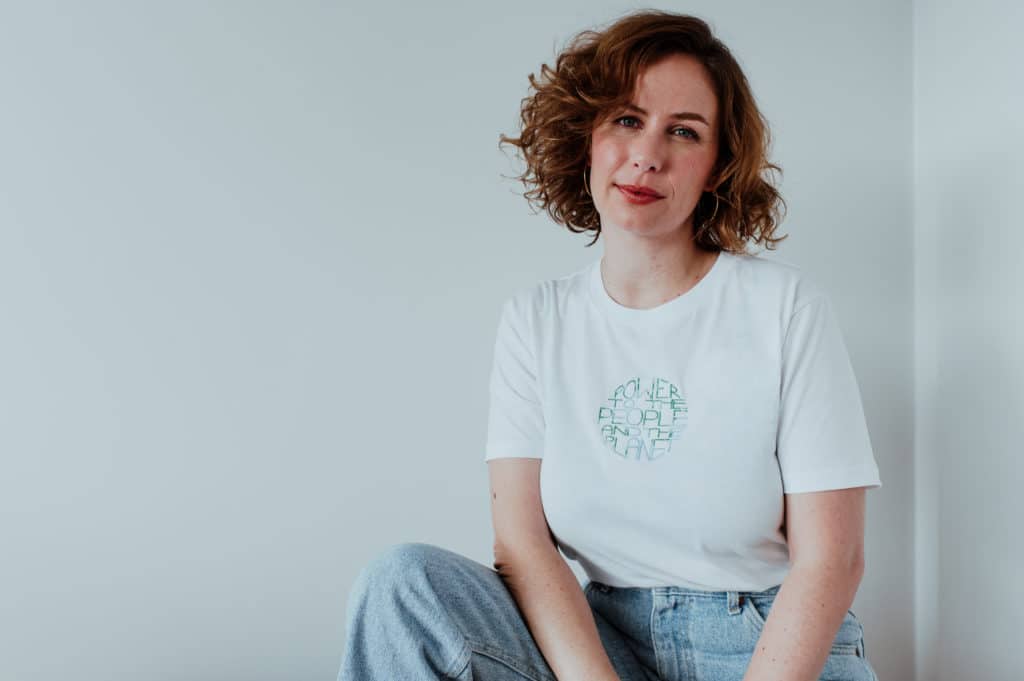
Photographer: Rachel Manns
Their work looks set to accelerate, with thoughtful and ambitious targets for the year ahead. Their 2020 Impact Report outlines their intentions to introduce biodegradable threads that will ensure that entire garments can return to the earth via home composting; offset carbon emissions from postage and packaging; and to provide 11,000 hours of living wage work annually, up from 2,800 in 2019.
AtlasAction: Ready to ‘transform your (out)look’? Shop in protest in Birdsong’s online store, or support their Patreon for behind the scenes content and first access to future events – and plenty of good karma.
Bio
Nature-geek, urban forager and all-round wordy sort. Freelance strategist and writer for organisations that care about the future. Often found reading while walking.
Project leader
Sophie Slater, Co-founder & Susanna Wen, Co-founder
Partners
This project has been selected as part of FashionFutures, a new content channel that maps the work of people transforming the fashion sector: the designers, craftspeople, social innovators, educators, community leaders and communicators. Atlas of the Future is excited to partner with Makerversity, with the support of The J J Charitable Trust and their network of fashion friends.
Support the Atlas
We want the Atlas of the Future media platform and our event to be available to everybody, everywhere for free – always. Fancy helping us spread stories of hope and optimism to create a better tomorrow? For those able, we'd be grateful for any donation.
- Please support the Atlas here
- Thank you!
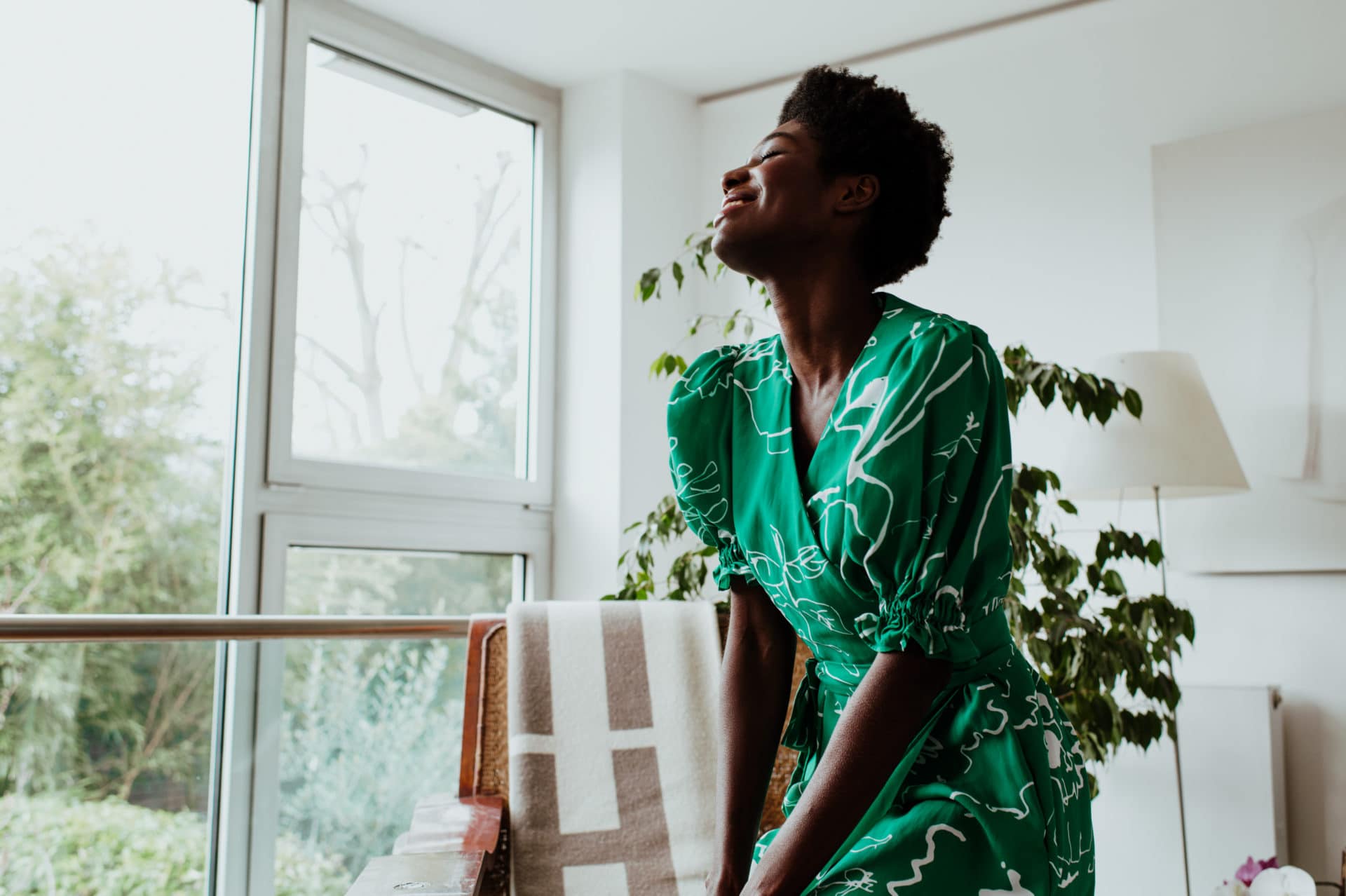
Photographer: Rachel Manns
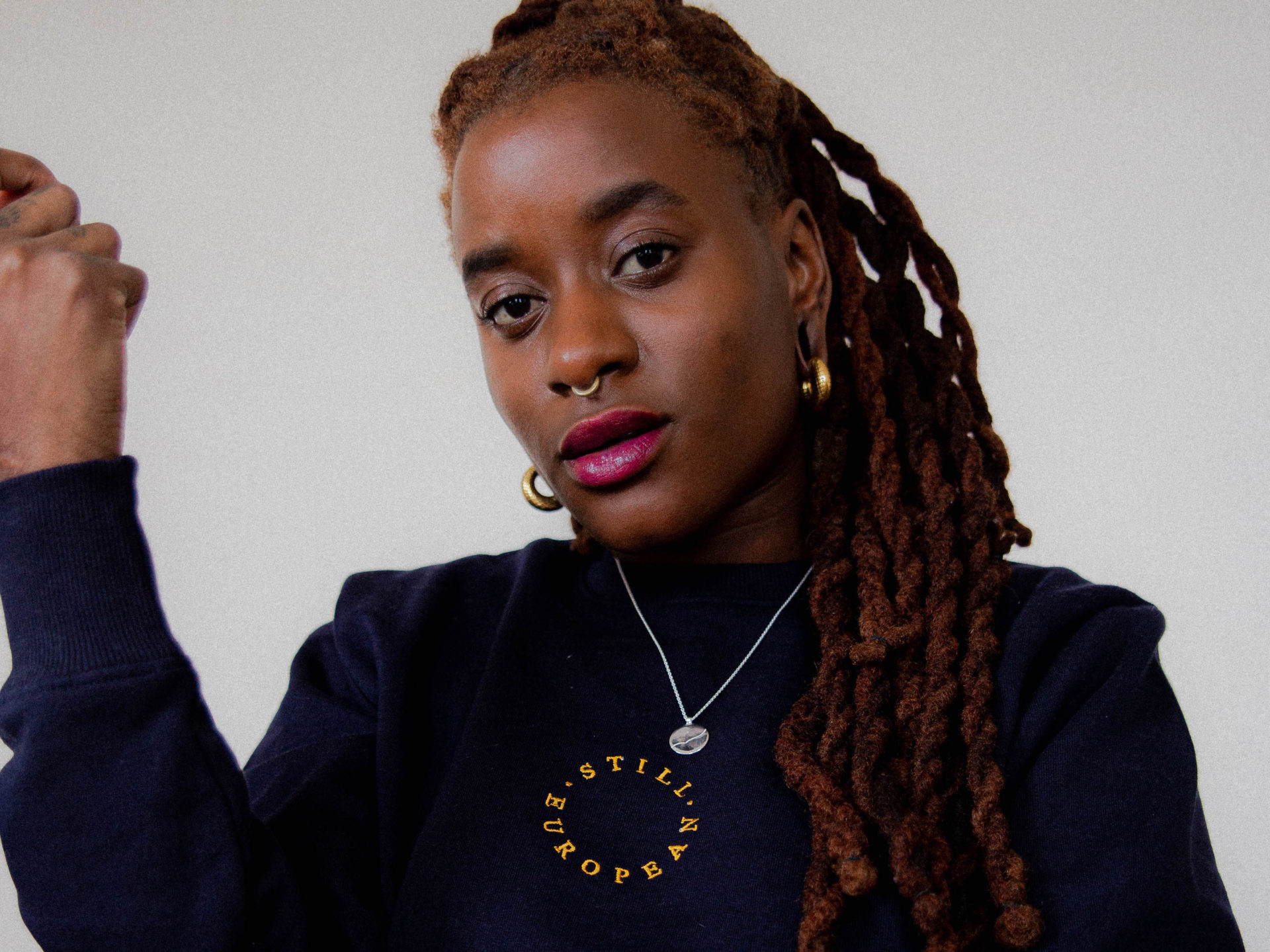
This unisex, made-to-order t shirt says you're 'Still European'
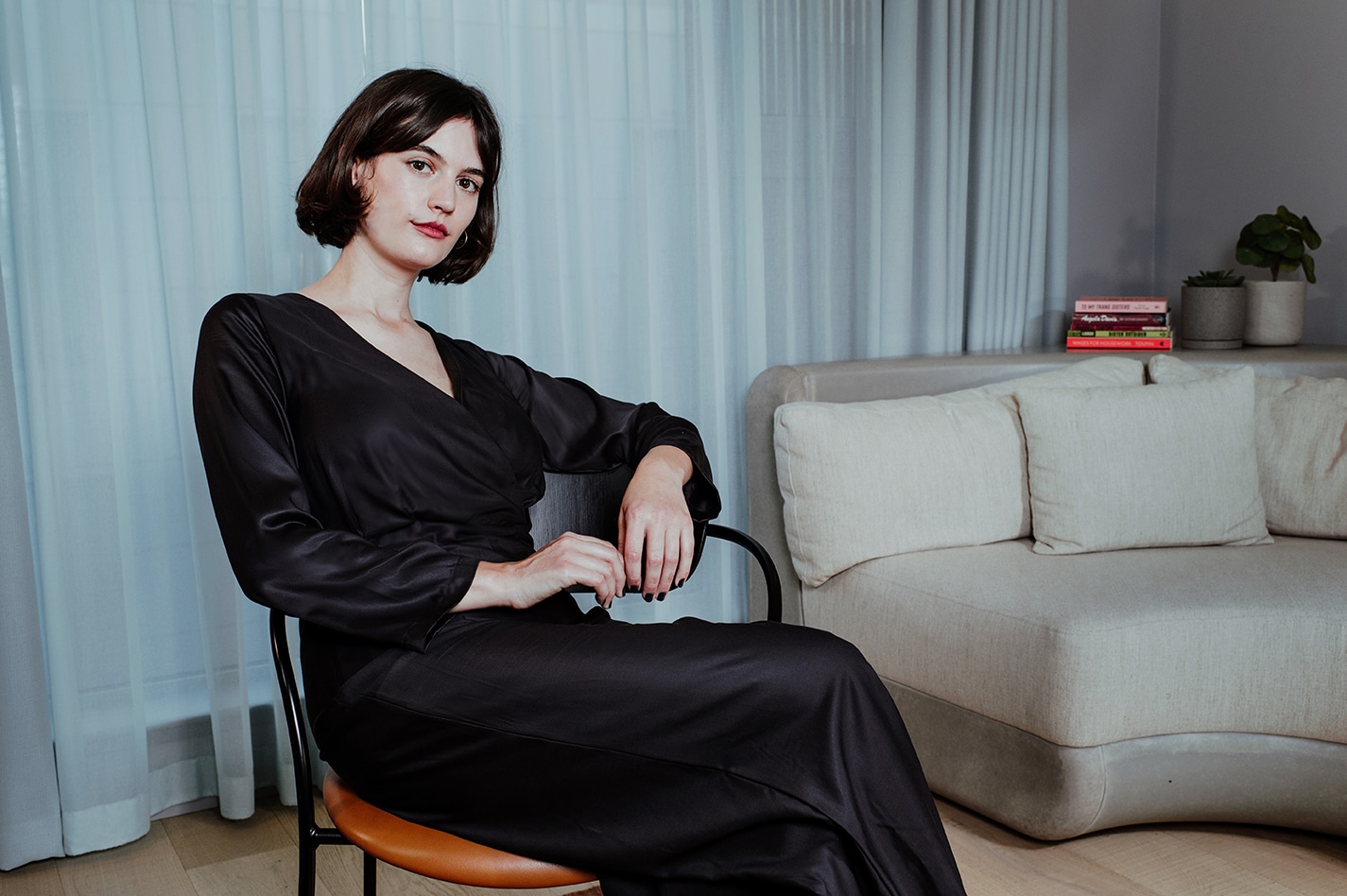
Photographer: Rachel Manns

